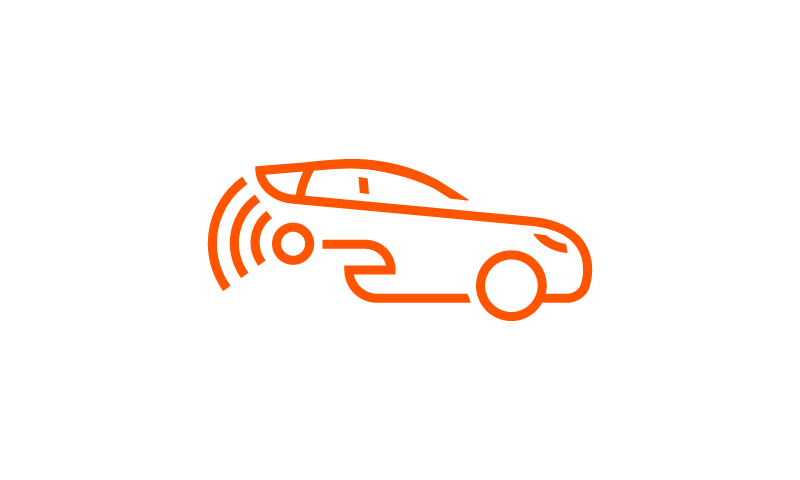Tesla and the EV Supply Chain in China
Q1: Why did Tesla choose China as its first overseas manufacturing hub? Why did the Chinese government allow Tesla to have 100% ownership without a JV partner in China?
As Tesla looks to extend its leadership in battery technology and further lower its cost base to remain competitive, we believe that setting up a factory in China will allow Tesla to be closer to its supply chain and fully tap onto the capabilities of China’s burgeoning EV supply chain. Tesla plans to increase local sourcing to 100% in China by the end of the year from the current 30%. In order to encourage growth and technological investment in China’s EV sector, the government has allowed Tesla to enter the market without the usual 50-50 JV model with a local OEM. During Tesla’s recent battery day, the company also talked about ramping up the Shanghai capacity to one million units in the longer term and supplying to other Asian markets using China as its base.
Q2: How popular is the Tesla model 3 in China? Is it threat to Chinese EV makers? What would the implication be to China’s EV manufacturing value chain?
Tesla has delivered more than 70k units of the Model 3 in China YTD, accounting for over 10% of the Chinese market. Since Tesla’s key models are positioned in the mid to premium segment of the market, it will likely be adopted by more well to do consumers as a second or third car or in cities with license plate restrictions. Chinese EV startups have made ample room to grow and we have seen successful Chinese EV start-ups such as Li Auto, Nio and Xpeng. We believe this will benefit the domestic supply chain in China from the import substitution trend. Domestic EV parts companies that are certified by Tesla will also find it easier to break into the supply chains of other global OEMs.
Q3: How about other partnerships between Chinese EV players and global OEMs in China ? What is VW’s EV strategy and its implication for Chinese EVs?
VW is investing more than 2bn euros in two Chinese EV players, JAC Motor and Guoxuan High Tech. Hefei will become VW’s EV manufacturing hub in China using VW’s proprietary MEB platform. VW will become the largest shareholder in EV battery maker Guoxuan in order to secure their long term battery supply. This demonstrates VW’s commitment to the Chinese market and will improve corporate governance, technology and execution of their Chinese partners.
Q4: Chinese EV batteries are said to have strong cost advantage. If so, by how much? Will China keep its cost competitiveness?
Based on our estimates, a comparable NCM battery made by CATL is around 20% cheaper than global peers. China has a strong position in key raw materials and chemicals required for the production of EV batteries such as lithium and refined cobalt. These are important elements of the battery cathode. Labour cost in China is also lower than other developed markets. This ensures low cost supplies for the EV battery supply chain. China should continue to dominate on cost due to its inherent supply advantage and large EV market which help to drive economies of scale.
Related ETF
Global X China Electric Vehicle ETF (2845 HKD / 9845 USD), seeks to deliver the performance of the Solactive China Electric Vehicle Index NTR, enabling investors to access high growth potential through companies critical to the development of electric vehicles in China.
Other Key Features of Global X China Electric Vehicle ETF:
- Unconstrained Approach: The fund’s composition transcends classic sector and industry classifications by tracking an emerging theme.
- ETF Efficiency: In a single trade, the fund delivers access to dozens of companies with high exposure to the electric vehicle theme in China.
Please click here for more information on the Global X China Electric Vehicle ETF.



